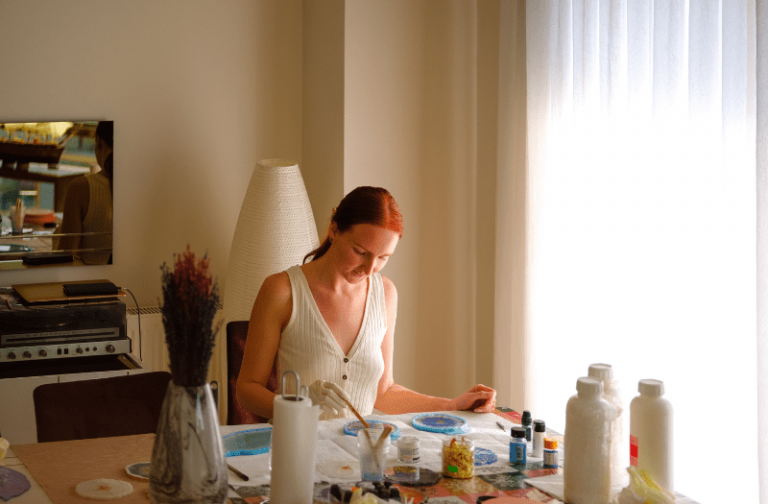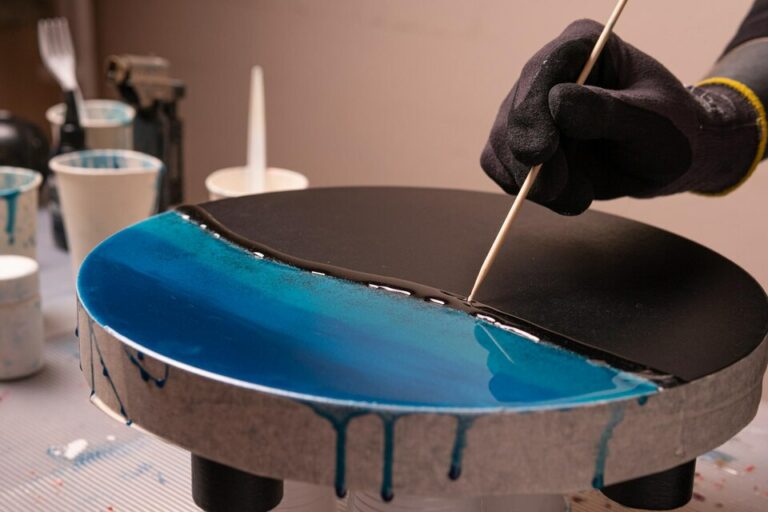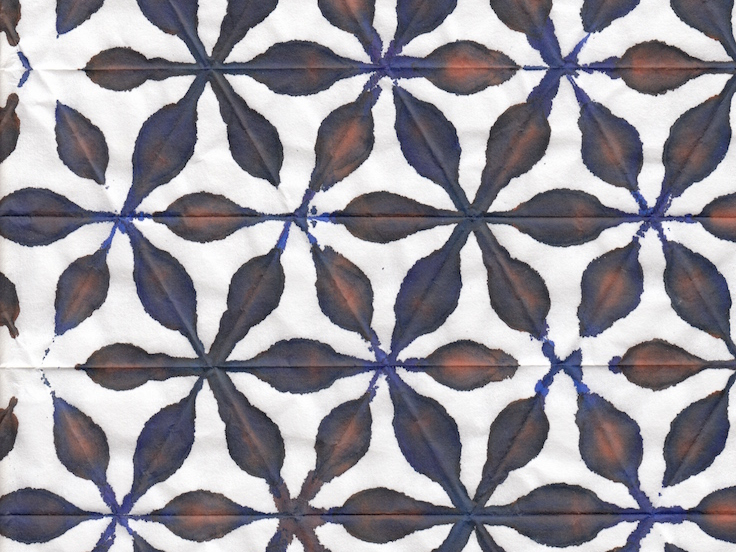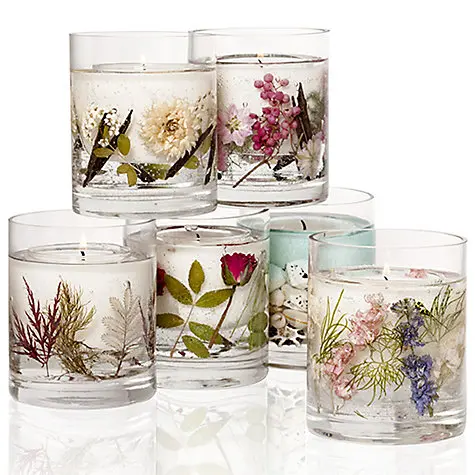Resin Workshops
Epic guarantees an unforgettable experience with our workshops in Singapore.
Resin Workshops in Singapore
Through exploration and experimenting with many materials, our resin artisan facilitators are trained in many forms of crafts and materials, from concrete, wood to jesmonite. Our facilitators have always felt the need to venture into other crafting territories and expand crafting materials such as resin. Being passionate, they have come up with a wide variety of resin workshops which leaves you to be spoiled with choices!
Our resin workshops are catered for both beginners and experienced crafters. It’s also perfect for you to pick up a new skill or hobby! In our workshops, you will be learning all the basics about resin and how to create beautiful crafts that are unique to you and your style!

Resin Workshops Details
Convenient Location
Take Exit B from Marymount MRT and walk towards MAPEX building. Proceed to the third floor via the lift and exit through 2 doors on the right to the carpark. We are located right at the end!
Professional Artisans
Our artisans are highly experienced crafters who are trained to bring out the best in each participant for our resin workshops in Singapore.
Ideal For
- Crafters
- Team Building
- Work together as a team
- Birthday/Hen’s Parties

Why Choose Us?
Our Resin Workshops Singapore provides a fun, hands-on introduction to the art of resin. Our kits have been created working in consultation with some of the most experienced and knowledgeable professionals from the resin community. These workshops are taught by highly experienced instructors who will guide you through each step of your project.
Here are 5 reasons why choose us:
- Passionate teachers
- Fun, hands-on workshops
- Amazing insights about materials and concepts that you’ll use every day in the studio
- Fulfilling both morning and afternoon workshops for 1 session
- Exciting perspectives on working with resin to create polymer jewelry, sculpture, vessels, and more.
Resin Workshops Caters for
Team Building
Community
Family
School
Get In Touch
Why choose our Resin Workshops in Singapore?
EPIC Workshops is Singapore’s Leading Craft Team Building Workshops Provider
- All Inclusive Pricing
- No Hidden Cost
- Flexible timings
- Customised Workshop to Budget Available
Benefits of Resin Workshops
Create pieces you love
It's easy to get started
One-of-a-kind pieces
Trusted by 1200+ Companies
From SMEs to MNCs and Government Agencies trust EPIC. We’ve engaged more than 860,000+ participants! Choose from our wide variety of 15 indoor team building activities.

Our process is simple and transparent
Select Your Workshop
Select From Pre Available Options for Customized Your Own Workshop Package.
Schedule
Choose times that work best for your team.
Enjoy
Show up on the day of the workshop and leave all the technicalities to us.
What is resin?
Is resin safe for food contact?
Do I get to bring my resin art back after the workshop?
Why should I choose EPIC Workshops' resin art workshop?
What age groups are suitable for the resin art workshop?
Is resin toxic?
How long is the curing process?
Do I need any prior knowledge to attend the resin art workshop?
What types of events would the resin art workshop be suitable for?
What's the maximum number of participants for the resin art workshop?
Resin Workshops FAQ
Workshops Related To Resin Workshops
“At Epic workshops, we believe in the power of teamwork & Fun. That’s why we offer a range of unique & exciting workshops that bring teams together and help them achieve their goals. With over 7 years of experience, we’ve helped countless teams strengthen their bonds and reach new heights. Let us help your team to do the same!”
- 37 Jln Pemimpin, #03-10 Mapex Building, Singapore 577177
-
Operating Hours:
Monday to Saturday
9:00am - 6:30pm
Closed on Sundays - +65 6355 0329
- +65 8150 8866



